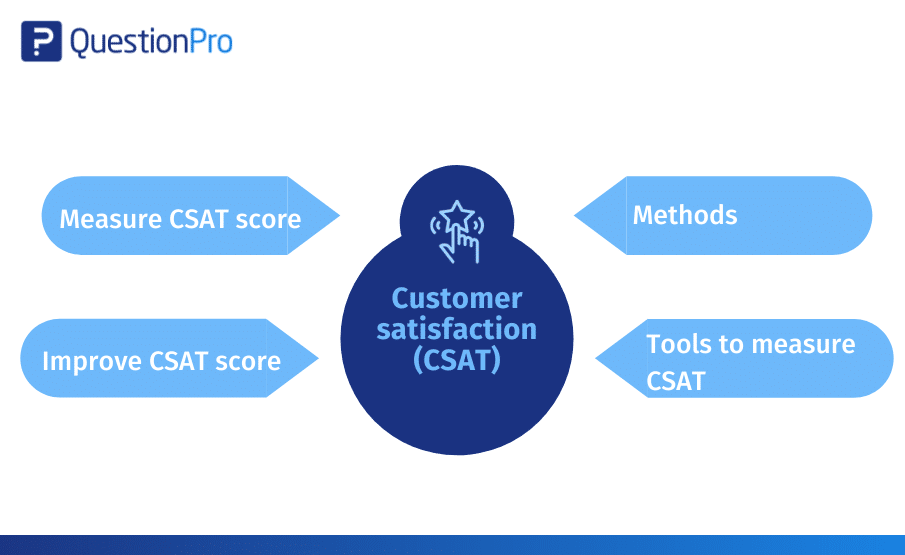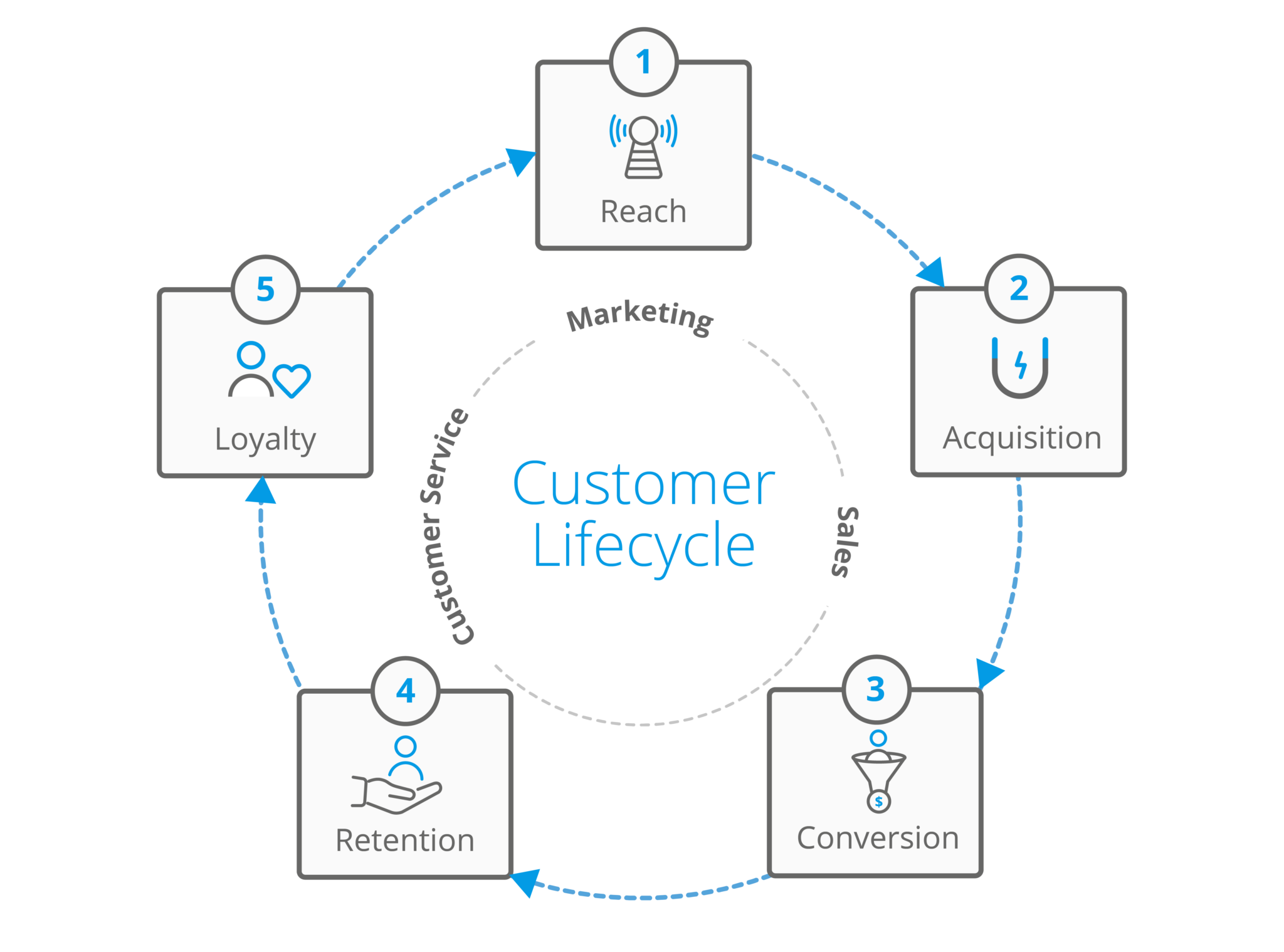Customer Relationship Management (CRM) software has become the cornerstone for successful B2B operations. Selecting the best CRM for B2B businesses can supercharge efficiency, enhance sales processes, and foster stronger client relationships. This article dives into the best options available in the market and evaluates their strengths and weaknesses so you can make the best choice for your business.
For a deeper dive into B2B CRM principles and strategies, check out the Ultimate Guide to CRM for B2B.
What to Look for in a B2B CRM
When choosing a CRM for your B2B business, it’s important to consider the following features:
- Customization: Tailored pipelines and workflows that adapt to your sales process.
- Scalability: Support for future growth as your business expands.
- Integration: Seamless integration with existing tools like ERP systems, email, and marketing platforms.
- User-Friendliness: Intuitive interfaces to ensure easy adoption by your team.
- Advanced Analytics: Insights to drive data-based decision-making.
Best CRM for B2B
HubSpot CRM
HubSpot’s CRM is a top contender for B2B companies looking for a free yet feature-rich solution. It provides advanced tools for lead management, email tracking, and analytics.
Pros:
- Free Tier: Robust features even at zero cost.
- Ease of Use: Clean and intuitive interface.
- Marketing Integration: Excellent tools for marketing automation.
Cons:
- Limited advanced reporting capabilities in the free plan.
- Paid tiers can get pricey as you scale.
Tamer Badr, founder of Singleclic, says: “HubSpot’s free CRM is ideal for startups and small businesses that want a quick solution without major investment.”
Explore more about HubSpot’s suitability for B2B in our article B2C & B2B Solutions.
Salesforce CRM
Salesforce is a powerhouse that offers highly customizable features and robust integrations, making it a favorite among enterprise-level businesses.
Pros:
- Highly scalable and customizable.
- Extensive app ecosystem via AppExchange.
- Strong customer support.
Cons:
- High learning curve for new users.
- Premium pricing may deter small businesses.
Zoho CRM
Zoho CRM is a budget-friendly option that doesn’t compromise on essential features. It’s especially popular among small to mid-sized B2B organizations.
Pros:
- Affordable Pricing: Value-packed plans.
- Integration with Zoho’s ecosystem.
- Automation tools for repetitive tasks.
Cons:
- User interface can be overwhelming at first.
- Limited customization compared to enterprise-level tools.
Microsoft Dynamics 365
For B2B businesses already using Microsoft’s tools, Dynamics 365 integrates seamlessly into the ecosystem. It’s perfect for companies looking to align their CRM with other Microsoft apps like Teams and Outlook.
Pros:
- Deep Integration: Works natively with Microsoft products.
- AI-Powered Insights.
- Modular Pricing: Pay for only what you use.
Cons:
- Implementation can be costly and time-consuming.
- Requires technical expertise for customization.
Odoo CRM
Odoo CRM is an open-source solution that offers flexibility and cost-effectiveness. It is especially suitable for businesses that want to customize their CRM extensively.
Pros:
- Open-source nature allows for high customization.
- Integrated suite of business tools.
- Affordable pricing options for small businesses.
Cons:
- Requires technical expertise for implementation.
- Limited third-party integrations compared to bigger players.
IBM Watson CRM
IBM Watson CRM leverages artificial intelligence to provide predictive analytics and deeper customer insights. It’s ideal for companies focused on data-driven decisions.
Pros:
- AI-driven insights for smarter decision-making.
- Integration with IBM’s ecosystem.
- Advanced customer segmentation capabilities.
Cons:
- Expensive for small businesses.
- Limited usability for companies without a data science team.
People Are Always Asking
Why is a CRM important for B2B businesses? A CRM helps B2B businesses manage complex sales cycles better and offers a centralized platform for tracking leads, clients, and interactions. This streamlines processes and enhances collaboration.
What makes a CRM good for B2B versus B2C? B2B CRMs are designed to handle longer sales cycles and focus on nurturing relationships. They often include features like account-based marketing and bulk deal tracking that are less critical for B2C.
How to Choose the Right CRM
Here’s a step-by-step guide to find the right CRM for your needs:
- Identify Needs: List down your must-have features.
- Trial Multiple Options: Use free trials to explore usability.
- Seek Feedback: Ask team members for their opinions.
- Check Support: Ensure strong customer service and training options.
CRM User Reviews
Zoho CRM: “Very affordable yet powerful for managing our SMB sales process. Took some time to master” — Alex M.
Salesforce CRM: “Unmatched customization but steep learning curve. Worth it for enterprises” — Rachel S.
Microsoft Dynamics 365: “Fantastic integration with Office tools but requires significant setup” — John D.
Odoo CRM: “Customizable to the core but needs technical expertise. Great value!” — Sarah P.
IBM Watson CRM: “Insightful and data-driven but a bit heavy on the budget.” — Michael K.
FAQs
1. Can I switch CRMs easily if I choose the wrong one? Switching CRMs can be complex, especially if data migration and training are involved. Opt for platforms with import/export tools to simplify transitions.
2. Do all CRMs have mobile apps? Most modern CRMs offer mobile apps but features may vary. Check reviews before committing.
3. Are there hidden costs in free CRMs? While free CRMs like HubSpot are genuinely cost-free some advanced features might require payment.
For a complete solution to your CRM needs see our B2C & B2B Solutions.









